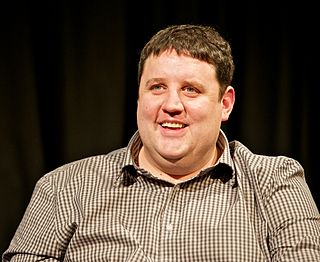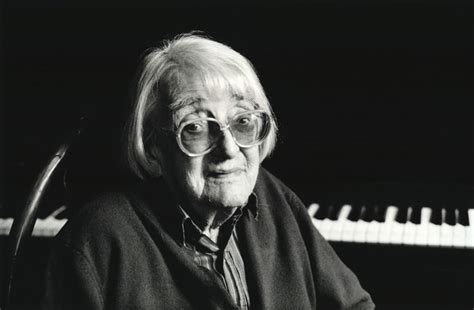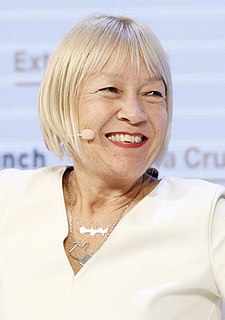A Quote by Zara Larsson
I feel like a lot of artists these days are going out with being a feminist and making it cool, and being outspoken and letting it be mainstream, which is a great thing. I absolutely think it should be mainstream to be a feminist, it should be a no-brainer to speak up about stuff and have a voice.
Related Quotes
I think people resist feminism because they're scared. I think for women, they're scared of being picked on or of being called out. I hear from a lot of young women, you know, I don't want to call myself a feminist because I don't want to get in an argument with someone. And it's just not cool; like it's not a cool thing to be associated with. There's no benefit to saying that you're a feminist.
It used to be, if you wanted to have a strong, influential voice in the feminist movement, you really needed to be part of this New York/D.C. elite group of feminists, or part of a mainstream feminist organization. And now it's kind of an amazing thing that you can just start a blog and put your voice out there and build your readership.
I think that blogging and the Internet has completely changed feminism for ever, I think. You know, it used to be, 10 years ago, if you wanted to have a strong, influential voice in the feminist movement, you really needed to be part of this New York/D.C. elite group of feminists, or part of a mainstream feminist organization. And now it's kind of an amazing thing that you can just start a blog and put your voice out there and build your readership.
A lot of women seem to have a similar attitude, - 'I'm not a feminist' - and it gets wearying. What's wrong with being a feminist? I'm proud to be a feminist. It's been one of the most positive things in my life. It's one of the best traditions there is. It's admirable to be a feminist and to stand up for one's sex, to fight against inequality and injustice and to work for a better society.
I was on television a couple of years ago and the reporter asked me, "How does it feel being on mainstream media? It's not often poets get on mainstream media." I said, "Well I think you're the dominant media, the dominant culture, but you're not the mainstream media. The mainstream media is still the high culture of intellectuals: writers, readers, editors, librarians, professors, artists, art critics, poets, novelists, and people who think. They are the mainstream culture, even though you may be the dominant culture."
I consider myself 100 percent a feminist, at odds with the feminist establishment in America. For me the great mission of feminism is to seek the full political and legal equality of women with men. However, I disagree with many of my fellow feminists as an equal opportunity feminist, who believes that feminism should only be interested in equal rights before the law. I utterly oppose special protection for women where I think that a lot of the feminist establishment has drifted in the last 20 years.
I'm really going off of watching John Waters speak one time and I remember he just kind of talked and it was totally interesting. I wanted to hear about his life and how he got started and when did he think he made it, stupid stuff like that. And what his relationship with the mainstream is because he's so far out there, but then he became part of the mainstream in this weird way. He was really funny, though. Yeah, I have to work on my jokes.
For a lot of women who don't go to college, or for a lot of women who aren't in New York or D.C. or someplace where there's like a large feminist organization they can get involved in, they may be doing feminist work, right, like locally or with a grassroots organization or in their own lives, but if they don't have that support system and if they don't have that availability to feminist language, I think we're missing out on something.
I grew up in a world where authority was female. I never thought to call myself a feminist because of branding. I had this skewed idea of feminist: I thought it meant being a woman who hates men. When I read Chimamanda Ngozi Adichie's We Should All Be Feminists, I was like, "Oh, this is what my mom taught me. This is simple. I don't understand why everybody is not this."

































